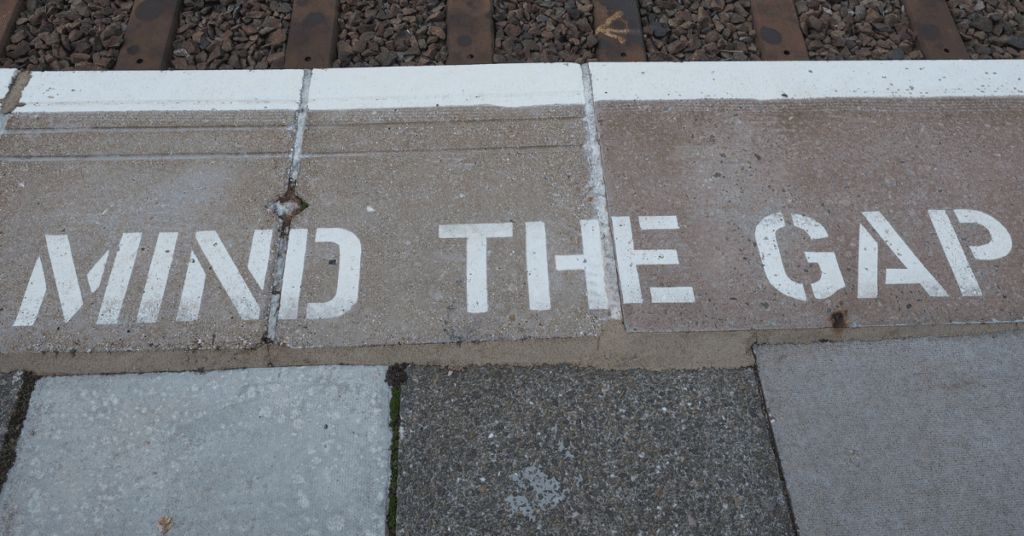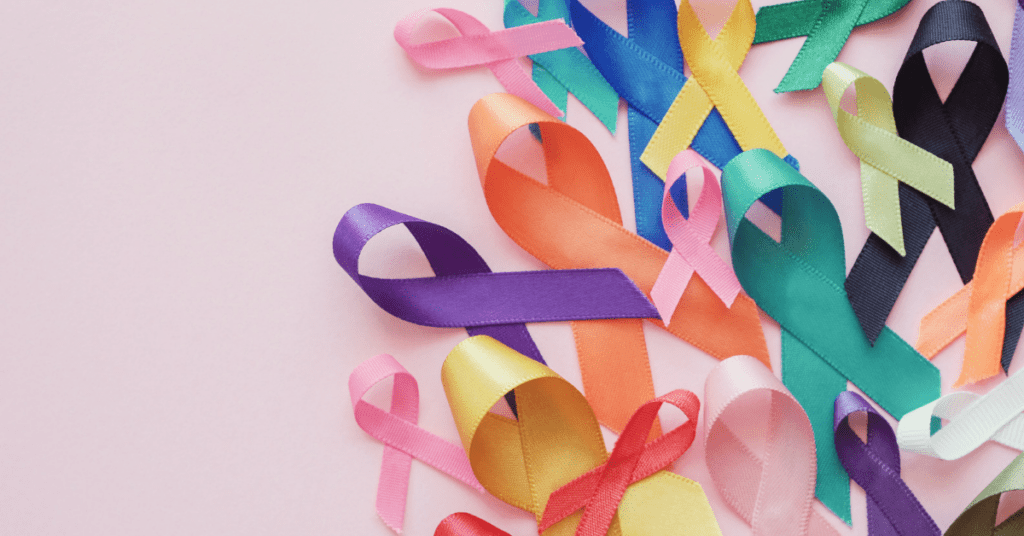The very simple answer to “Is cancer insurance a good idea?”, is yes.
Insurance can seem like a strange choice at times. We pay monthly premiums but sometimes never need to claim from the insurance policy, and therefore we might feel dispirited and feel that having insurance might have been a waste of time.
However, we disagree with this sentiment.
Insurance is the epitome of self-care and dedication to living our lives to the fullest. It brings stability to both individuals and their families by knowing that high financial costs in the future (related to medical treatment or other circumstances) are taken care of if need be by the insurer.
Let’s expand upon why this is the case. In this article, we’ll focus on three main topics:
- What is the point of insurance?
- What is the point of medical insurance/medical aid?
- What is the point of cancer insurance?
What is the Point of Insurance?
Insurance is a brilliant innovation and is probably one of the most complex financial instruments out there. Insurance allows regular people like you and me to pay small monthly premiums to an insurer. These monthly premiums are a surety that if a predefined event were to occur in the future, and there would be a cost associated with that event, the insurer would pay for that event.
For example – in the case of cancer insurance – if a person were to get a cancer diagnosis, Aynjil would provide a payout as per your policy which could then be used to cover various expenses associated with fighting cancer. This allows our client’s peace of mind, knowing that by parting with a small amount of money per month, they will be financially secure in the future should a cancer diagnosis (and costly cancer treatment) become a reality in their life.
You might be asking yourself – can I live life without insurance?
The Cost of Not Having Insurance
For some people, insurance is not an option, largely due to financial reasons, or in certain circumstances, for ideological or other reasons.
Let’s explore some real-life examples of the costs that people have to face daily and then do a cost-benefit analysis to show that having insurance is worth it.
- It’s estimated that an average medical diagnosis from a pathologist in South Africa is roughly between R4,000 and R4,700.
- The average cost for hospital admission in South Africa in 2010 was around R8,775 per person.
- A South African cancer patient in 2019 reported that the cost of his cancer treatment roughly equalled R89000 every eight weeks, and it was causing him tremendous heartache and financial grief.
Whilst we may be tempted to dismiss insurance as something relevant to “older people” or “sickly people”, the unfortunate reality of life is that all traumatic and costly events that could potentially be covered by insurance are a possibility for everyone equally. We cannot escape the fact that getting into a car crash or being diagnosed with cancer have an equal chance of occurring to anyone, no matter where they live or how old they are.
Now that we have a better understanding of the importance of insurance let’s delve deeper into the purpose of medical insurance, and particularly the context of medical cover in South Africa.
What Is the Purpose of Medical Insurance?
Medical insurance, or more commonly known in South Africa as medical aid, is a vital product. So much so, it is recommended that all people who can afford it should invest in a policy for themselves and their family (if they have one).
Whilst other insurances, such as cellphone insurance, or car insurance, are not necessarily relevant to everybody, since not everybody owns a cellphone or car, medical insurance/medical aid is relevant to everybody because they are a living and breathing being.
Life comes with many good times, and unfortunately, many tough times, caused by illness, viruses and diseases.
Carrie Schwab-Pomerantz, one of America’s most trusted sources for financial advice, has to say about medical insurance: “Health insurance helps you save money by enabling you to transfer a big financial risk to the insurer in exchange for a (comparatively) small premium. It’s vital to your financial health by helping protect you from financial calamity. Having the right kind and the right amount of health insurance is one of the smartest money moves you can make.”
The unfortunate reality is that for people who don’t have medical insurance/medical aid, a traumatic and costly medical event will most likely cause them to go bankrupt.
A Cost-Benefit Analysis of Medical Insurance
When we do a cost-benefit analysis and weigh up our options on the table, we have two options, obviously both with their pros and cons.
On the one hand, we can choose not to pay monthly premiums for medical insurance and hope that we never get into an accident that requires expensive medical treatment. This is a really risky decision, and one that might bankrupt us in the future, should we need an expensive medical treatment that we cannot afford from our cash savings.
As an illustration of how common certain diseases are amongst the general population, CANSA (The Cancer Association of South Africa) estimates that roughly 115 000 South Africans are diagnosed with cancer every year. To live without insurance and hope that we don’t develop one of the multitudes of costly life-threatening diseases is unfortunately not an option.
On the other hand, we can choose to pay (comparatively) small sums of money per month to an insurance company, and thereby gain the mental and emotional stability that comes with knowing that we will (and our families also will) be financially covered for any potential medical emergencies in the future.
When weighed up as objective analysis, the pros of having medical insurance vastly outweigh the pros of not having medical insurance.
Now that we’ve established that insurance is a good idea, and particularly medical insurance/medical aid, we now need to turn to cancer insurance. What is cancer insurance, and why is it a recommended policy to have?
What is the Purpose of Cancer Insurance?
Just in the United States of America alone, the predictions are that there will be 1,898,160 new cancer diagnoses in 2021 and 608,570 deaths resulting from cancer.
Cancer is, unfortunately, a very complicated and common disease. It affects families worldwide, and a singular effective and cost-efficient cure is yet to be agreed upon.
Cancer Statistics in South Africa
IOL published an article in 2018 entitled “Cancer is South Africa’s biggest killer”. It explains that cancer sadly causes more deaths in South Africa than HIV/Aids, tuberculosis and malaria combined. Another interesting thing to note is that many patients wait until they develop cancer, and only then do they seek an insurance policy to help them cover the costs. Waiting until cancer develops and only then seeking an insurance policy causes problems that can be avoided by getting insurance when you’re still healthy.
The article goes on to detail that the top five cancers in South Africa by cost were leukaemia (R281455 per case, on average), multiple myeloma (R228249), cancers of the central nervous system (R177185), lung cancer (R159622) and colorectal cancer (R119331).
Cancer insurance can work in conjunction with your existing medical aid/medical insurance policy. Cancer insurance was not designed to replace a traditional health insurance plan but complement it by paying for treatment-related expenses not covered by your policy.
Who is at Risk of Developing Cancer?
An article by Very Well Health explains that certain population groups are at more risk of developing cancer and are therefore recommended to look into getting a cancer insurance policy:
- They explain that you should know your cancer risk. Those people with a family history of cancer are recommended to review their current policy and see if cancer insurance can complement their medical coverage. The same applies to those with a genetic predisposition for cancer.
- They also remind you that two health policies don’t necessarily double the coverage. Having basic comprehensive medical insurance/medical aid along with a cancer-specific insurance plan does not necessarily mean that you will get double the benefits. Often, a treatment excluded by one policy may also be excluded by the other. It is worth speaking to your medical aid and your cancer insurance company and establishing how the two policies work with each other.
Why Choose Aynjil’s Cancer Insurance Policy?
At Aynjil, we noticed through our own experience that medical aid by itself was not sufficient to cover South Africans who were affected by cancer. Cancer affects not just the body but also the mind, one’s emotional stability, and one’s entire circle of family and friends.
Therefore, we decided to create a cancer insurance product that looks at cancer from a holistic perspective, and aims to assist our clients from even before their first diagnosis, and well beyond their last round of treatment. We have many added benefits that complement our main medical benefit, we cover EVERY cancer, and we cover you for all the costs along the way.
If you have any questions, email us on help@aynjil.com or visit our website for more info.



